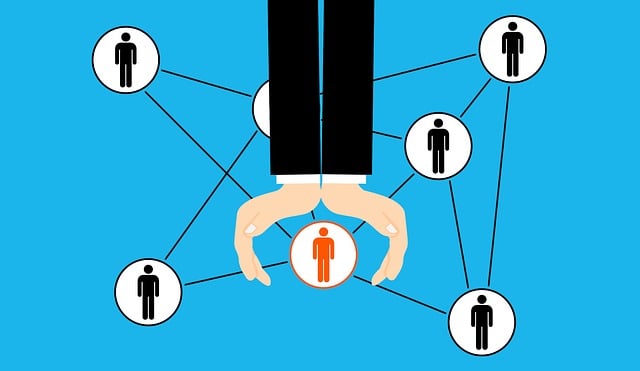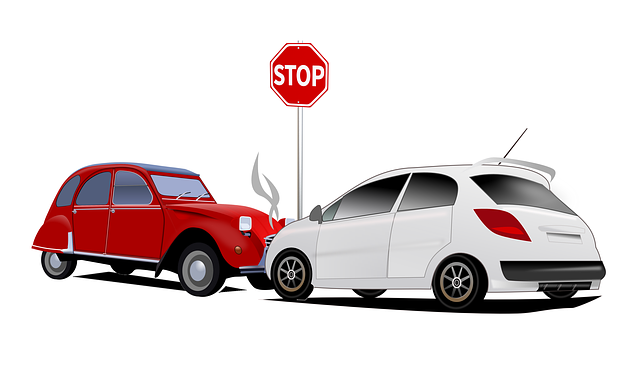Comprehensive Liability Insurance is a critical shield for businesses, protecting against diverse legal risks including accidents, injuries, and property damage, beyond standard coverage. Small businesses can access affordable options that safeguard assets, cover liabilities, and ensure operational stability without straining budgets. Key components include general, professional, product liability, business interruption, workers' compensation, and personal/advertising injury protection. When selecting a policy, compare quotes from reputable providers, customize coverage for industry-specific risks, understand exclusions (like war or environmental damage), and strategically manage claims for optimal benefits.
In today’s unpredictable business landscape, securing comprehensive liability insurance is a strategic move for any company. This article serves as a beginner’s guide to understanding and affording this essential protection. We’ll explore key components of comprehensive liability coverage, including general, professional, and product liability. Learn how to navigate quotes, avoid common exclusions, and maximize benefits for effective risk management. Discover why this insurance is crucial for small businesses aiming to thrive with peace of mind.
Understanding Comprehensive Liability Insurance: A Beginner's Guide

Comprehensive Liability Insurance is a crucial component of any business’s risk management strategy, offering protection against potential claims and lawsuits. This type of insurance goes beyond standard liability coverage by providing a broader range of financial security for businesses facing various legal issues. It’s designed to shield owners from significant financial losses that could arise from accidents, injuries, or property damage on their premises.
For beginners, understanding Comprehensive Liability Insurance involves grasping the concept of potential risks. This includes incidents like slip-and-fall accidents, product liability claims, or even medical malpractice suits. The policy kicks in when these unforeseen events lead to legal battles, covering court costs and damages awarded to plaintiffs. It’s essential for businesses to assess their operations, identify hazards, and choose insurance limits that align with their risk exposure to ensure adequate protection under Comprehensive Liability Insurance.
Why Affordable Business Insurance is Essential for Small Businesses

Small businesses are the backbone of many economies, and their survival and growth are essential for a thriving marketplace. However, they often face significant challenges when it comes to managing risks and financial uncertainties. This is where Affordable Comprehensive Business Insurance steps in as a lifeline. By offering cost-effective coverage options, small business owners can safeguard their assets, protect themselves from financial losses, and ensure the stability of their operations.
Comprehensive Liability Insurance is a critical component for any small business. It provides protection against various liabilities, including property damage, personal injury, and medical expenses resulting from business activities. This type of insurance is essential as it helps businesses manage claims and lawsuits, which can be financially devastating. With affordable rates, small businesses can obtain the necessary coverage to navigate risks effectively without straining their budgets.
Key Components of a Comprehensive Liability Coverage Package

When considering comprehensive liability insurance, understanding the key components is essential. This type of insurance package aims to protect businesses from various financial risks and potential lawsuits. It typically includes general liability coverage, which shields against claims of bodily injury or property damage occurring on your premises or during business operations. Additionally, professional liability (also known as errors and omissions) covers mistakes or negligence in services that lead to financial loss for clients.
Many packages also offer business interruption insurance, which compensates for income lost due to covered events like natural disasters or civil unrest. Other relevant components may include workers’ compensation coverage, providing support for employee injuries on the job, and personal and advertising injury liability, protecting against claims related to advertising mistakes or omissions that cause financial harm to customers or third parties.
Navigating the Types of Liability: General, Professional, and Product

Navigating different types of liability is a crucial step in acquiring the right comprehensive business insurance. Understanding these categories ensures your business is adequately protected against potential risks and claims. General liability covers common risks, such as slips and falls on your premises or damage to a customer’s property. This type of insurance is essential for any business interacting with the public.
Professional liability, on the other hand, focuses on mistakes, errors, or negligence in professional services. If you offer advice, consulting, or specialized services, this coverage is vital to protect against claims arising from professional mishaps. Product liability specifically addresses issues related to the goods your business manufactures, sells, or distributes. It’s a critical component for businesses dealing with products that could potentially cause harm or damage.
How to Compare Quotes and Choose the Right Insurance Provider

When comparing comprehensive liability insurance quotes, start by gathering multiple offers from reputable providers. Carefully review each policy’s coverage limits, deductibles, and exclusions to ensure they align with your business needs. Look for insurers that offer customization options, allowing you to tailor the policy to specific risks within your industry.
Next, assess the reputation of the insurance company. Check online reviews, customer satisfaction ratings, and claims handling records. You want a provider with a strong financial standing and a proven track record of efficient claims processing. Additionally, consider their customer service quality, ensuring they offer timely support when you need it most.
Common Exclusions to Look Out For in Your Policy

When considering affordable comprehensive business insurance, it’s crucial to understand what’s excluded from your policy. Common exclusions in Comprehensive Liability Insurance vary across providers but often include events like war or civil unrest, environmental damage (such as pollution), and certain types of professional negligence. These can leave gaps in your coverage, so it’s essential to read the fine print carefully.
Understanding these exclusions is key to ensuring you’re adequately protected. For instance, if your business operates near a river prone to flooding, an exclusion for water damage could leave you vulnerable. Similarly, if your operations involve handling hazardous materials, an absence of coverage for environmental liability might be a significant concern. Knowing what’s not covered helps you make informed decisions when selecting the right policy for your business needs.
Maximizing Benefits: Tips for Effective Risk Management and Claim Handling

Maximizing the benefits of your Comprehensive Liability Insurance involves strategic risk management and efficient claim handling. Proactive risk assessment is key; regularly review and identify potential hazards specific to your business operations. Implement robust safety protocols, staff training, and up-to-date documentation to mitigate risks. By doing so, you can reduce the likelihood and severity of claims.
Effective claim handling starts with swift notification and documentation. Ensure a clear chain of communication between your team, insurance provider, and affected parties. Promptly gather evidence, including medical reports, witness statements, and any relevant records. Efficient claim management not only ensures faster settlement but also strengthens your relationship with the insurance provider, potentially leading to better terms and coverage in future policies.
